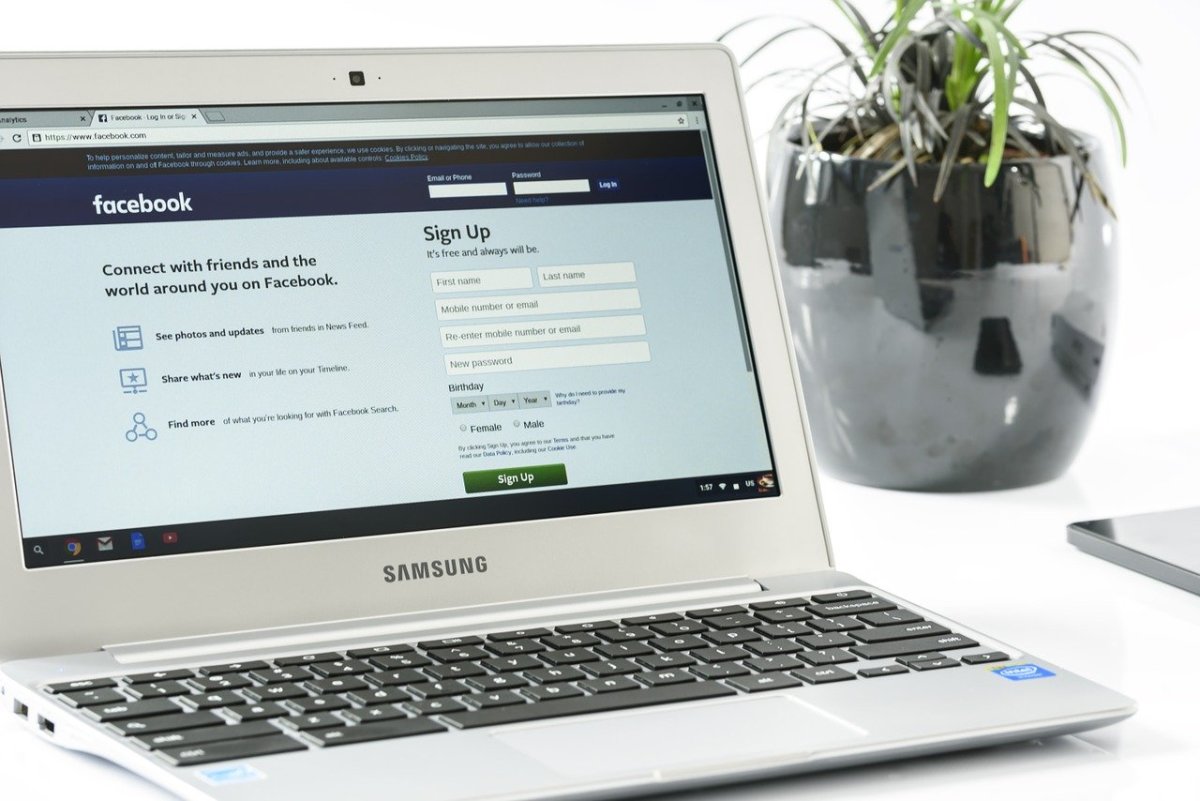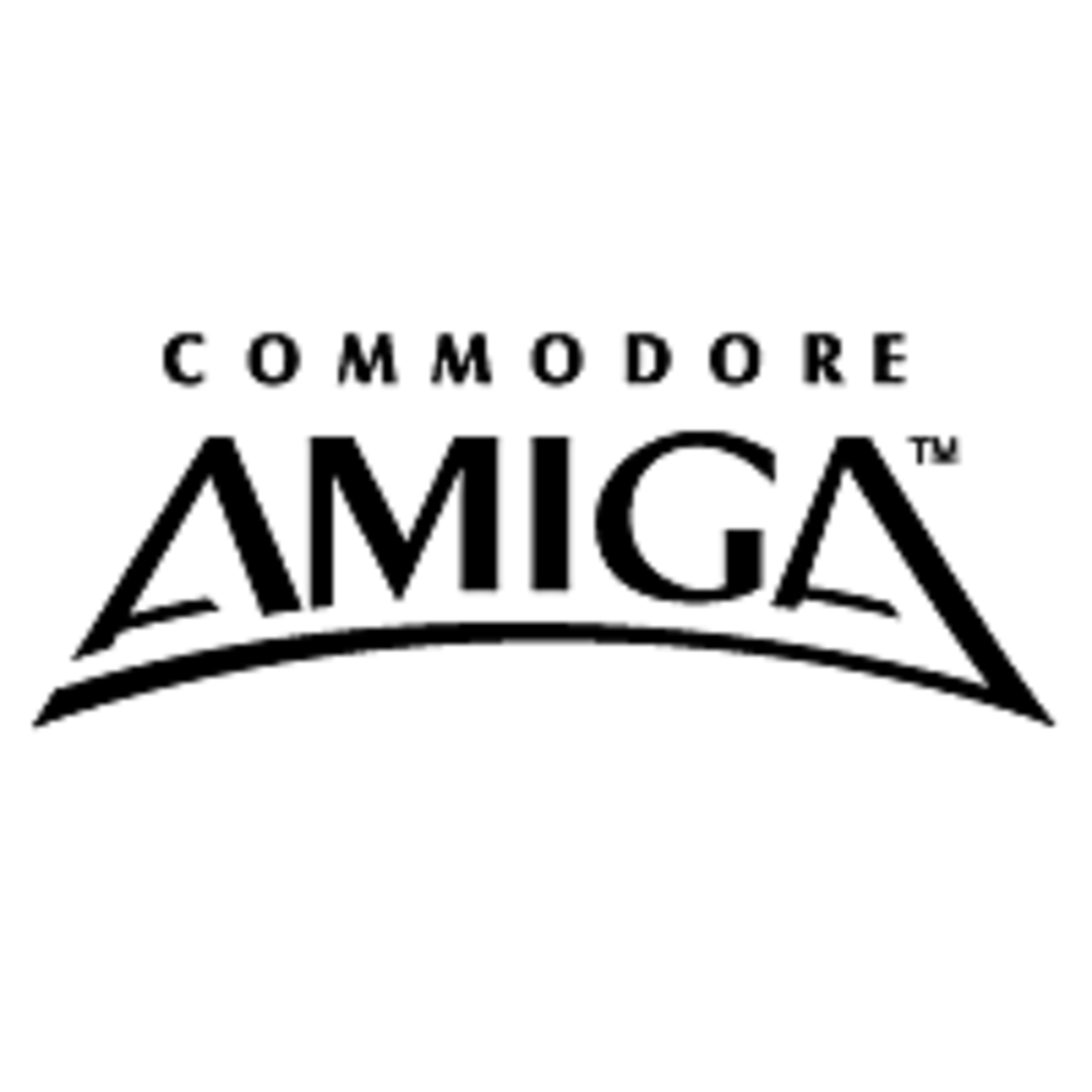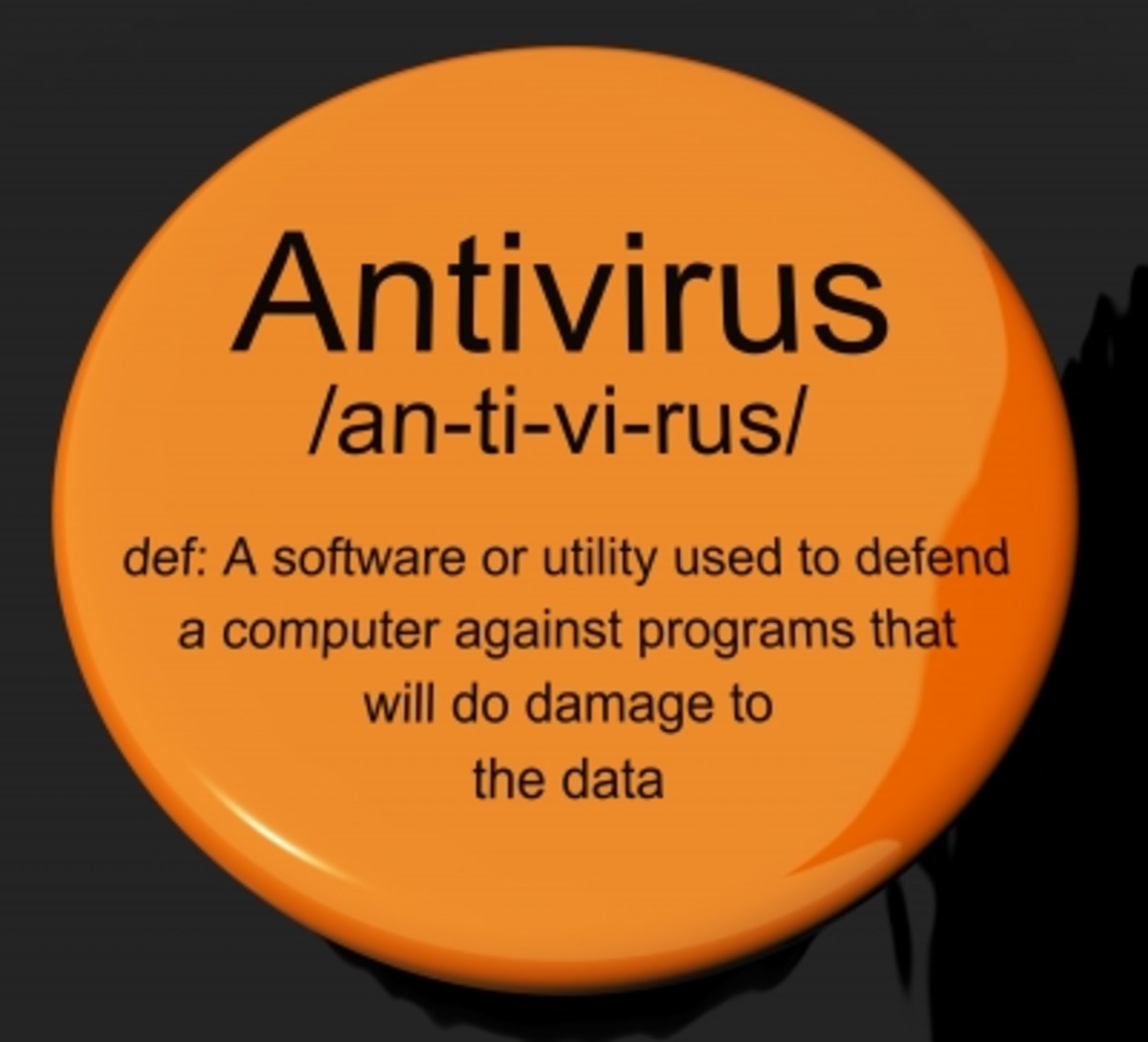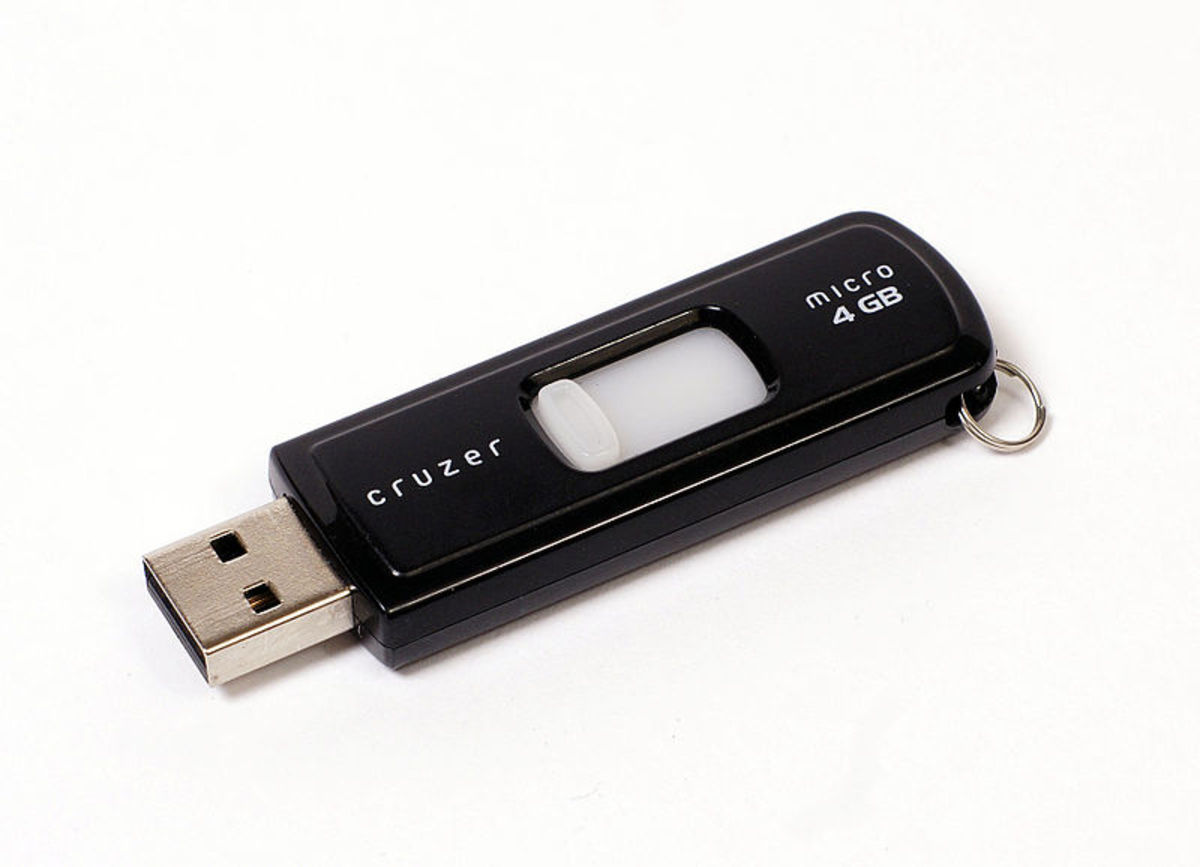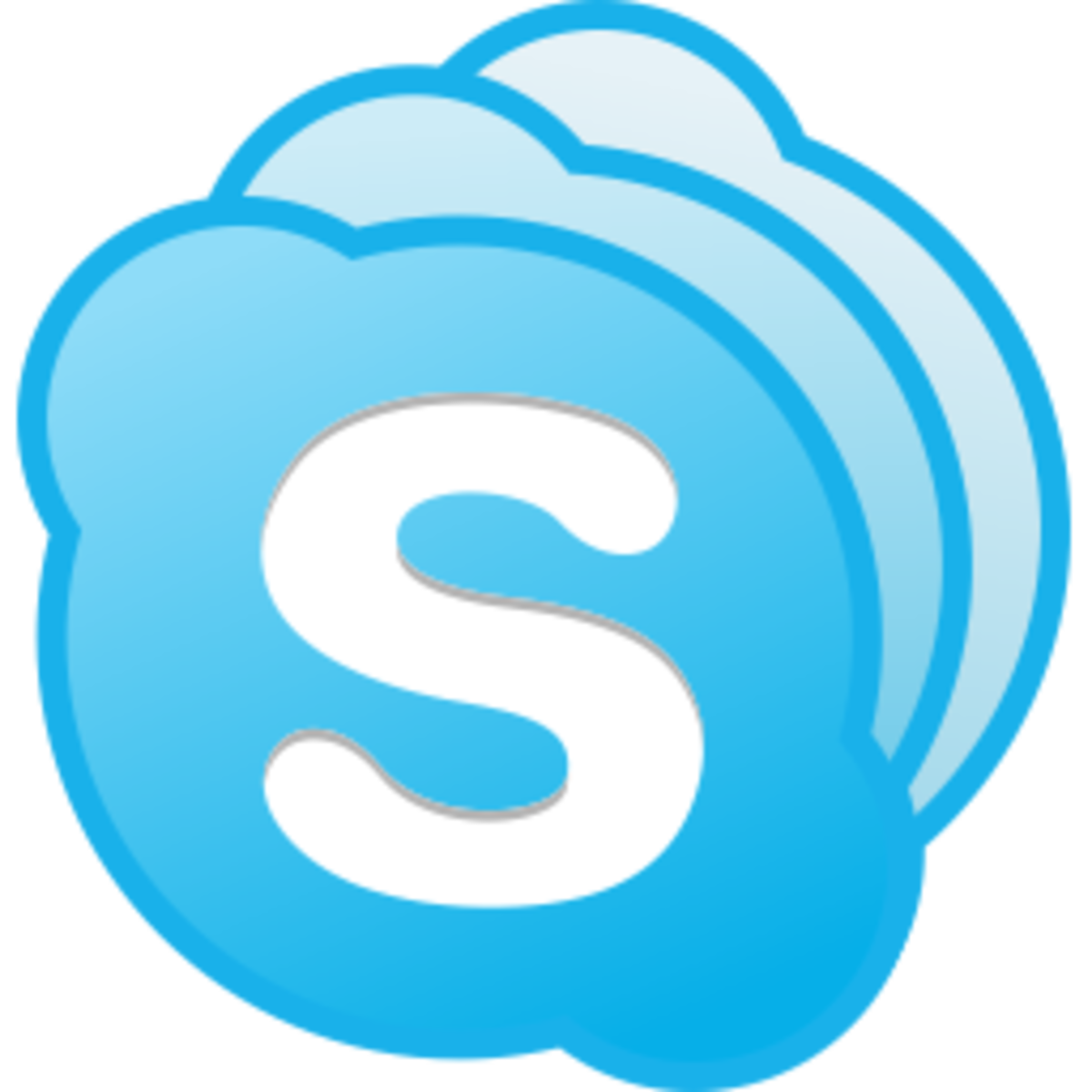Google Chrome OS - Window Cleaner?
The Dreaded Blue Screen of Death
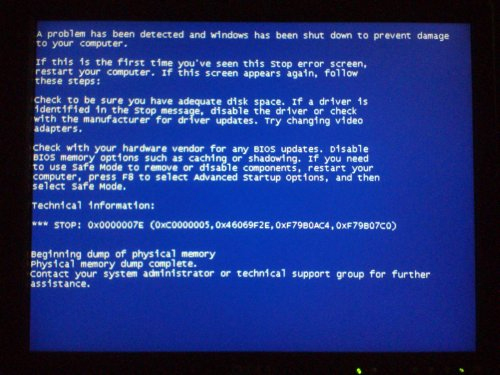
Calm Down Everyone!
I've been reading some disturbing things in magazines and online magazines; people have been lashing into Google Chrome OS with nothing short of anger! Let's get things in perspective; just because it's Google and just because it's new doesn't mean that we have to use it. I am standing by my prediction that Google OS will be appearing on the future equivalents of the Asus EEE PC (which did ship with a simple Linux).
Also, it has been confirmed that Google Chrome WILL be free, as with most Linux distributions. Google have also stated that Chrome OS and Android (its mobile phone OS) will cross-over at some point. Well, why not just expand Android then? :-)
Windows 7 in July '09
Microsft has just announced that Windows 7 will be available to businesses at the end of July. This means that any company with an Enterprise Agreement should be able to get their hands on a copy any day now.
Windows 7 has been well-hyped since the first beta release to Technet subscribers. Personally, I found that it runs MUCH better than Vista, thank goodness. Makes me think that Vista may have been an early prototype of 7.
Google vs Microsoft - Round Four
Google's official Blog:
http://googleblog.blogspot.com/2009/07/introducing-google-chrome-os.html
On Tuesday, Google announced that it will finally face Microsoft on their own turf – the desktop Operating System (OS) market. There has been a rumour circulating for some time that Google’s ever-expanding suite of applications and services will eventually dip into the desktop market, and it does make sense. Over the last year, Google have released Google Chrome to attack Internet Explorer, and Google Android to go up against the Microsoft Windows Mobile phone operating system.
From the top, an operating system is software that allows all the components within a device or machine to interact and act as one towards some purpose. On a typical home PC, the operating system allows access to disk drives, ports (USB, serial, parallel), networking cards, graphic chips, human interface devices (that would include a mouse and keyboard) and so on in this fashion. Applications can be installed on top of the operating system to expand the capabilities and usefulness of the PC; this would include office suites, web browsers and media players.
The biggest PC OS’s in the market place at the moment is Windows, Linux, and Mac OS. Windows and Linux can run on most home PCs and servers, whereas Mac OS is the iMac operating system (funnily, Mac OS is actually a Unix-derived OS). Windows’ current version is Vista. Linux has a lot of different distributions such as Red Hat, Mandriva and Ubuntu. Mac OS is in its tenth generation, codenamed Leopard. Is there room for another OS?
Google OS, like its mobile OS Android, will be a customized Linux distribution aimed at providing the user with more web-based functionality than the traditional static OS. Since Google has MANY web-based services such as G Mail and Google Earth, the idea is to have the OS aimed towards providing these services directly to the desktop – I quote:
“We're designing the OS to be fast and lightweight, to start up and get you onto the web in a few seconds.” – Official Google Blog
Although Google have provided a vision for Chrome OS, I am unsure whether this will be a product that has value. “Fast and lightweight” might mean “cheap and single-purpose”. However, now is an excellent time to strike; Microsoft is still reeling from Vista’s flop in the corporate marketplace (so much so that Dell have had to keep Windows XP as an option on all new business machines), Internet Explorer is too vulnerable to scripts and malware, and Windows Mobile is positively static compared to the iPhone and Android (check out the T-Mobile G1; will be doing a quick blog about it soon). According to recent studies looking at machines on the Internet, about 89% of all client machines are running a version of Microsoft Windows, with 1% running a distribution of Linux and the rest being MacOS and unknowns. However, if we go into the server and supercomputer environment, only about 1% of these machines run Windows Server or Server HPC (High Performance Computing), with a whopping 88% running Linux.
The percentages in each environment reflect the nature of both OS types. Linux is a very precise and technical operating system – very powerful and flexible but requires great knowledge about PC hardware, and a good deal of training to get the most from it. It would be unfair to say that Windows is simpler than Linux; in fact, that’s the problem. Windows is very accessible and intuitive but does not allow for lightweight installations, thus isn’t great when great performance is needed.
Each operating system has tried breaking its mould; in fact, there are 5 supercomputers in the Top500 supercomputer list for June ’09 ( http://www.top500.org/ ) that run on Windows. In comparison, 443 supercomputers are running Linux, and 4% Unix. Similarly, there are several different flavours of Linux that have tried to replace Windows in terms of accessibility and ease of use. I enjoyed Mandriva, and would recommend it as a good distribution for those curious to try Linux. However, Linux failed to win any large portions of the market away from Windows because it is still complicated when installing new hardware or trying to share files.
This leads nicely onto my first point with Chrome OS; it needs to be multipurpose, not just for the web. I for one am used to an operating system able to handle anything that I want to do; games, applications, office apps, hosting, etc. Windows XP is excellent for all these purposes. From the mission statement, I get the impression that Chrome OS will probably create or be aimed at “dumb” terminals; devices built for web browsing only, such as the Pocket Surfer. In my book, this isn’t a fully-fledged OS in the same vein as Windows or Linux. In this respect, Chrome OS will be no different than Android or a custom OS built for a specific device.
Next, Google Chrome OS risks being just another Linux distribution. When Linux started to focus on making itself accessible to consumers, they realized that all the different distributions made it difficult for people to access Linux, and for hardware vendors to support Linux. Therefore, they proposed a Standard Linux build using Debian as the base, OpenOffice as the office suite, and GNOME as the Window Manager. If Google will be releasing a branded Linux distribution, they will be merely fulfilling this vision.
Another point is cost, and not just what you pay for the licence. One problem with Microsoft is that it does demand top dollar for its products, both from the developers and the end consumer. Business customers are handled differently, depending on whether they purchase an Enterprise Agreement. Some companies pay about £1 million for a 3 year agreement that includes the unlimited use of almost all core Microsoft products. Currently, a copy of Debian Linux is free, although you are encouraged to pay for the manuals. Microsoft Vista Home Basic is about £100, or £200 for the Ultimate version. Windows Server 2008 costs around £300. As you can see, there is one hell of an incentive to use Linux in order to cut IT costs down in the corporate environment. If Google Chrome OS is a Linux distribution, will Google support it, will they charge for it, or will it be completely open source in all ways?
Microsoft’s reply has always been that Linux costs more through Total Cost of Ownership (TCO), despite being free to use. Their argument is that there is no assurance of support. As Linux is open source, it is supported by the Linux community rather than any one company. Surprisingly, this does work well in reality, but companies want a guarantee that problems and flaws will be fixed, and fixed quickly. With no-one being accountable for issues, there is no guarantee that the OS will be corrected if problems arise. Another “expense” is that IT staff proficient in MS products are cheaper than staff competent in Linux. I disagree with this point. True, more IT staff are familiar with Windows, but pound-for-pound, it is much cheaper to push a member of staff through Linux training than through the MCP courses. At the end-user’s point of view, they are less-likely to know someone able to fix Linus issues at home, and will force up costs in sorting out problems. Anyway, I digress.
Unless Google Chrome is a fully-functional OS in the same way as Windows, then it will be consigned to bargain laptops and pocket web surfers. Although the web is a big driving force for people to buy PCs, so are games, therefore the latest games must be available for Linux/Google Chrome OS, else people will see it as a “poor” operating system unable to keep up with Windows. Similarly, new and popular peripherals must be supported, such as the iPod and iPhone, Blackberrys, Windows Smartphones and the like. Finally, Microsoft is on the verge of delivering Windows 7 to the market, which should sweep away the dreadfully-ropey Vista. Due to all the lawsuits in Europe concerning Internet Explorer being packaged with Windows XP, 7 will not be shipped with a web browser. How people will view this against an OS that “gets you on the web in a few seconds” out of the box will be interesting.
Google Chrome OS will be out in the second-half of 2010. Windows 7 will be released in October 2009.

